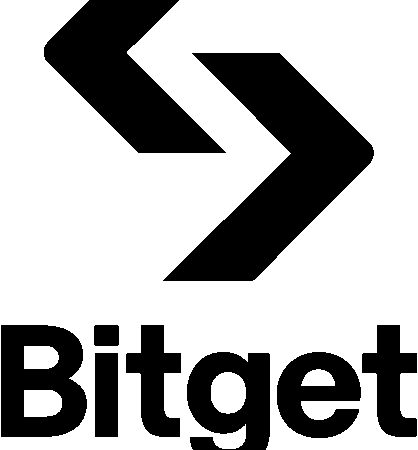Brown University is investing in Bitcoin ETF and thus joining a growing list of institutional crypto supporters

The Brown University is quietly and quietly entered the crypto world and has announced an investment of almost $ 5 million in Blackrock's Spot-Bitcoin ETF-this is the first known step by the Ivy League University in the area of digital assets.
Die Disclosure It was done by a recently submitted SEC report, which showed that Brown held 105,000 shares in Ibit, the flagship bitcoin ETF from Blackrock on March 31. With a managed assets of over $ 56 billion, this fund has developed quickly into the dominant player in this area. Brown is thus involved in a small but growing list of US universities that explore the possibilities of cryptocurrencies through regulated financial products.
According to Matthew Sigel von Vaneck, Brown follows the traces of Emory and the University of Austin, who have also disclosed Bitcoin ETF stocks. The university's 13F report shows a wider portfolio worth $ 216 million, including well-known technology shares such as Amazon, Google and Microsoft.
Spot-Bitcoin ETFs enable institutional and private investors to benefit from Bitcoin's price movements without having to keep the cryptocurrency directly. Since their introduction at the beginning of this year, these funds have been the most successful ETF introductions of all time. In particular, IBIT broke all records and was the fastest ETF, which reached a fortune of $ 10 billion.
Blackrock, the world's largest asset manager, played a crucial role in the approval of Spot-Bitcoin ETFs after years of rejections by the Sec. The dynamics have now aroused the interest of a large number of institutions. The current shareholders of Bitcoin ETFs include university foundations, state pension funds such as the Wisconsin Investment Board and Wall Street companies such as Jane Street.
This gradual acceptance by the traditional financial world and science signals a change in the perception of digital assets – no longer just as speculative instruments, but as sustainable components of modern investment portfolios.






